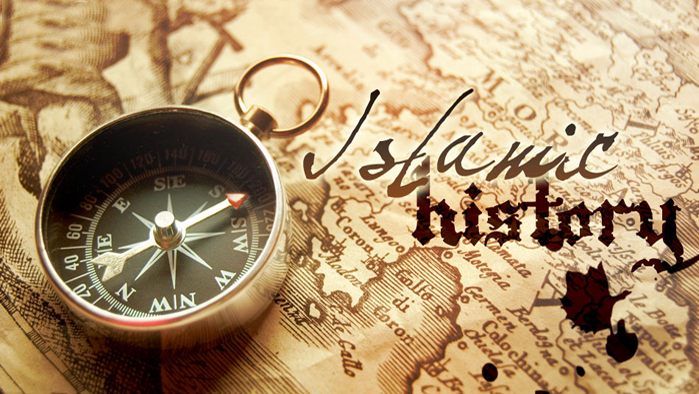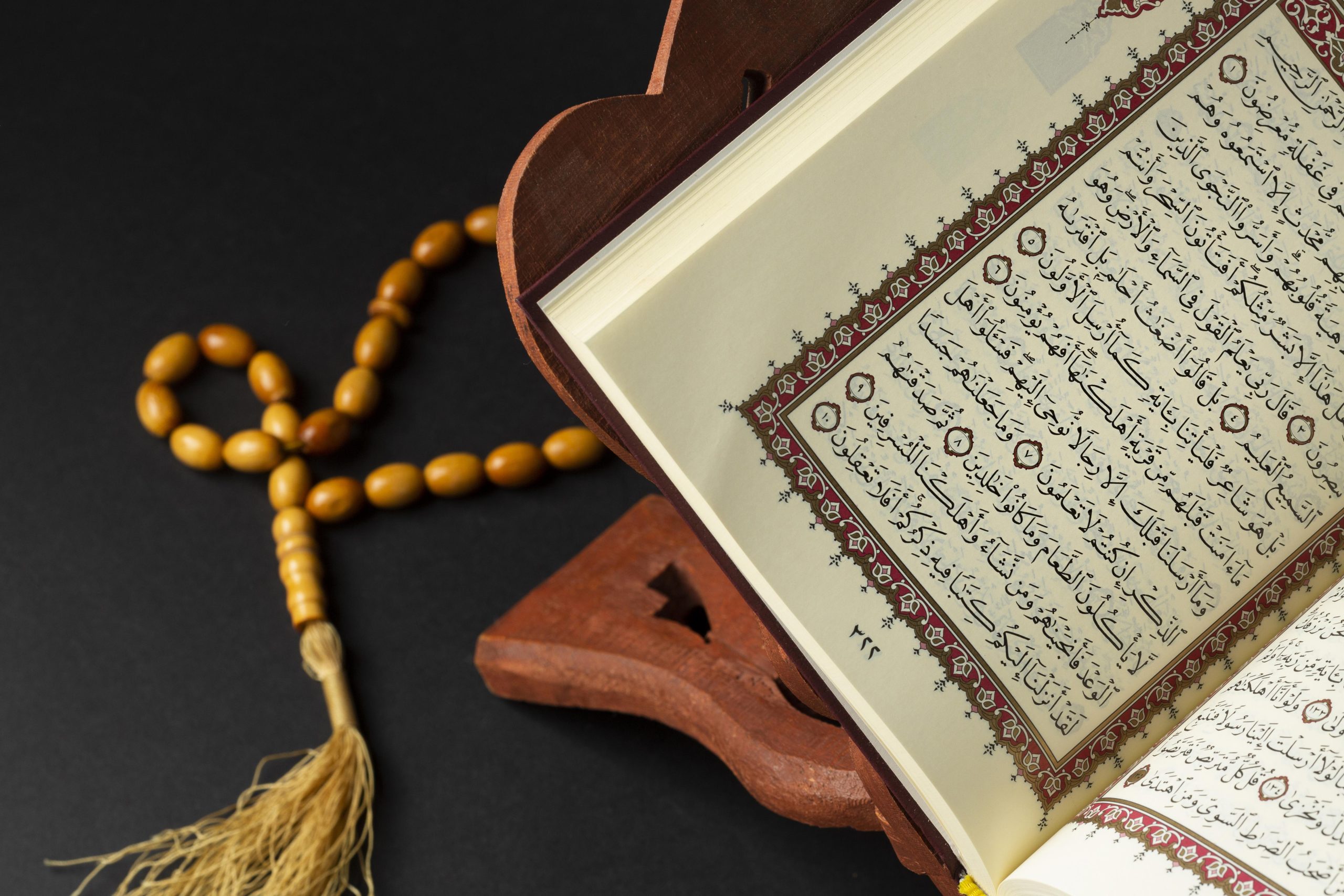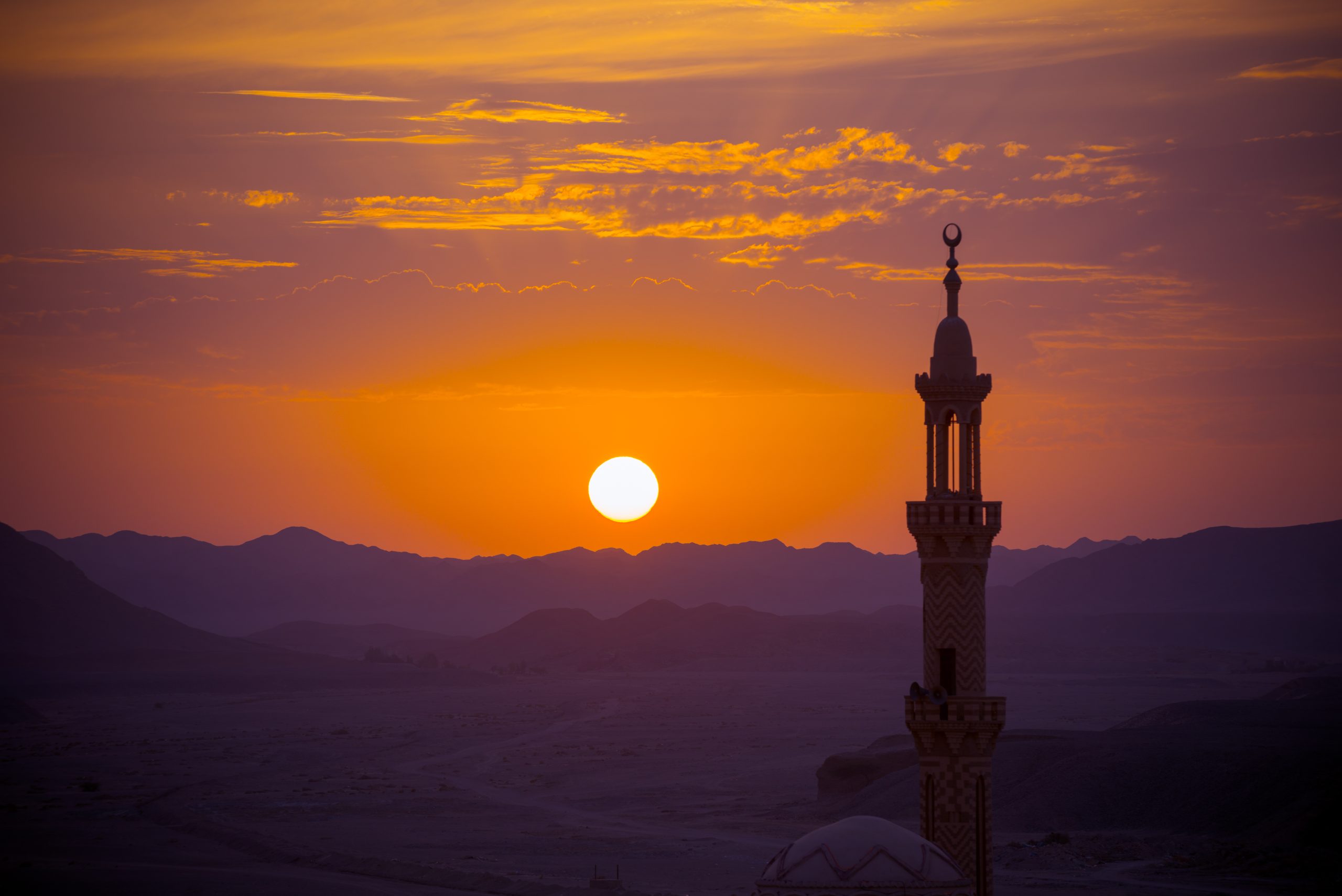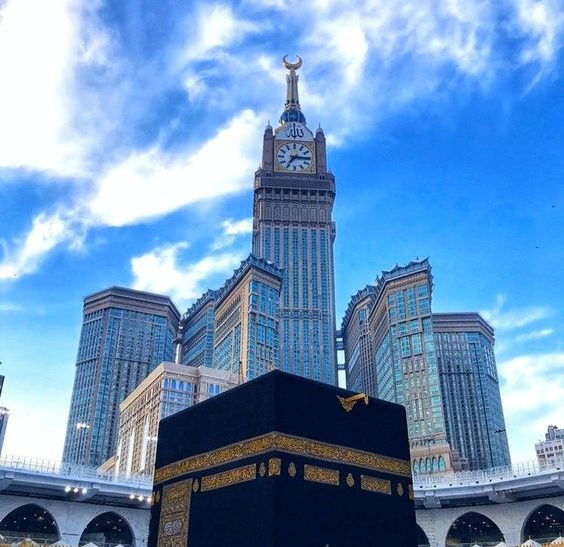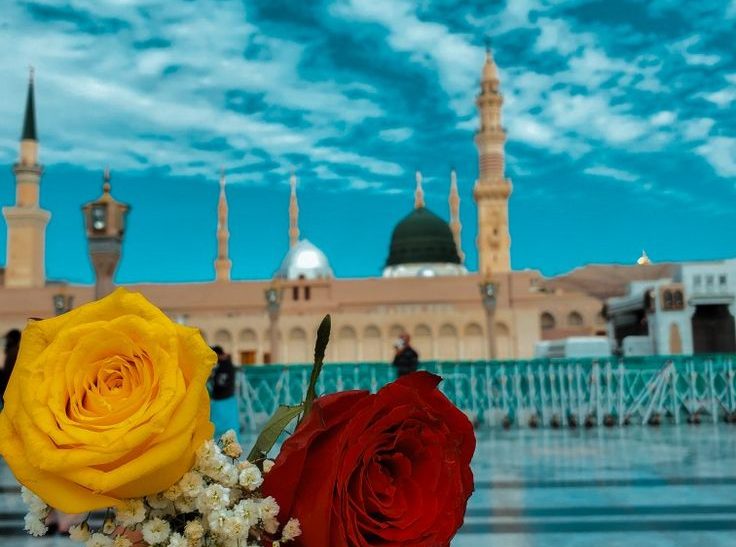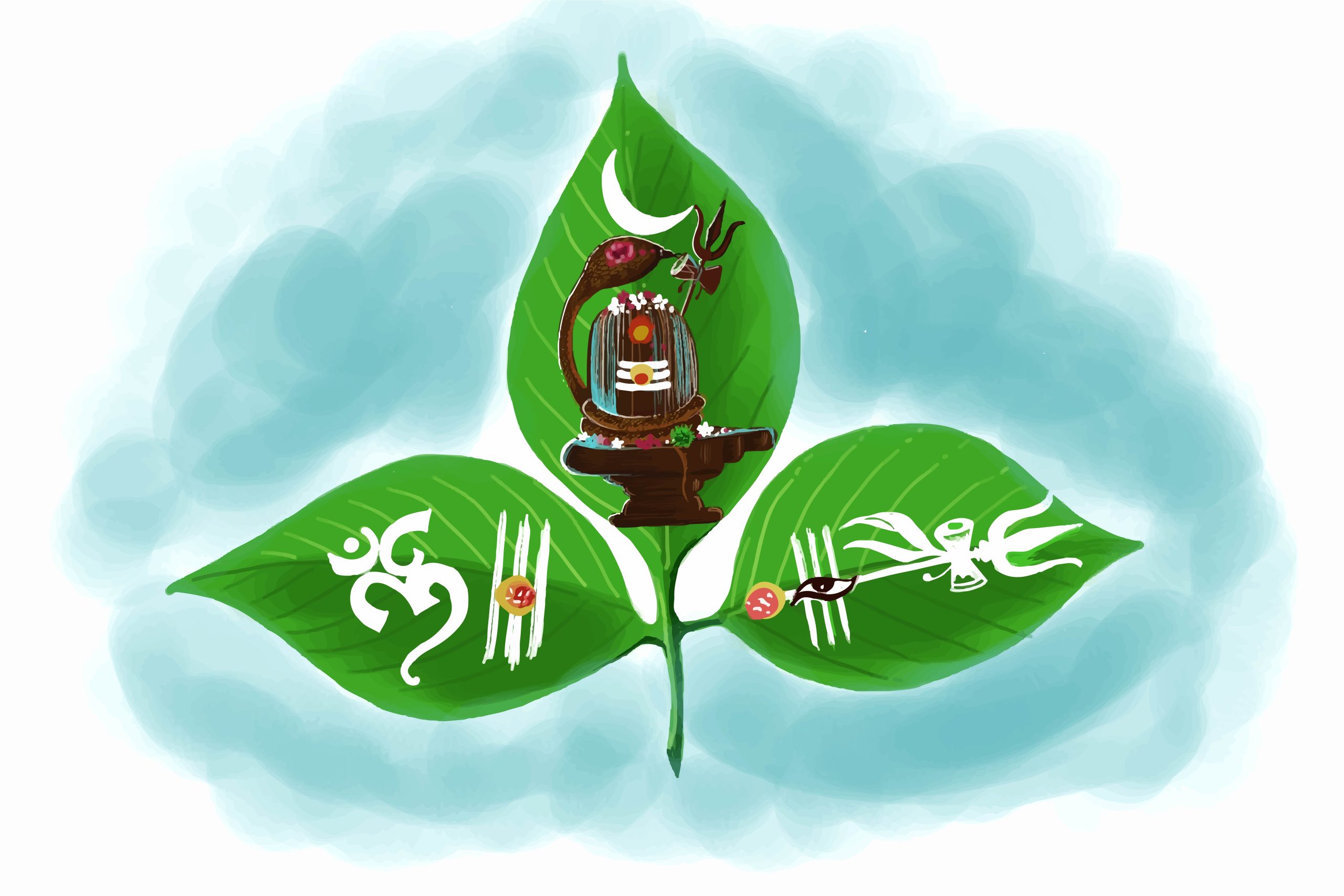Medina, known as the “City of Light” (Madinat al-Nabi), holds a sacred place in Islamic history as the second holiest city after Mecca. It was in this blessed city that Prophet Muhammad (peace be upon him) found refuge, established a thriving Muslim community, and laid the foundations of an exemplary society based on justice, compassion, and divine guidance. This narrative delves deep into the intricacies of Muhammad’s life in Medina, illuminating the transformative journey that shaped the course of Islamic civilization.
Migration to Medina: A New Beginning
The migration (Hijrah) from Mecca to Medina in 622 CE marked a watershed moment in the history of Islam. Faced with escalating persecution and hostility from the Quraysh tribe in Mecca, Prophet Muhammad (SAW) and his companions embarked on a journey of hope and resilience. The city of Yathrib, later renamed Medina (the City of the Prophet), welcomed them with open arms, heralding a new chapter in the spread of Islam.
The arrival of Muhammad in Medina signaled a paradigm shift, not just in terms of geographical relocation but also in terms of community building, governance, and social cohesion. The Ansar (helpers), the native inhabitants of Medina, extended their support and solidarity to the Muhajirun (migrants), forging bonds of brotherhood and unity that would define the essence of the early Muslim community.
Establishment of the Islamic State: Pillars of Governance and Justice
Under the leadership of Prophet Muhammad (SAW), Medina witnessed the establishment of an Islamic state founded on principles of justice, equity, and divine guidance. The Prophet’s Mosque (Masjid al-Nabawi) became the spiritual and administrative center, where matters of faith, law, and governance were deliberated and implemented.
The Constitution of Medina, also known as the Charter of Medina (Sahifah), served as a foundational document that delineated the rights, duties, and responsibilities of various tribes and communities living in the city. It laid the groundwork for a pluralistic society, where religious diversity was respected, and mutual cooperation was encouraged.
Muhammad’s leadership style in Medina was characterized by consultation (shura), inclusivity, and a keen sense of justice. He established a system of governance that prioritized the welfare of the community, ensured social justice, and protected the rights of minorities. His approach to governance was holistic, integrating spiritual guidance with practical solutions to societal challenges.
The Prophet’s judicious handling of disputes, conflicts, and legal matters earned him the title “Al-Hakam” (the arbitrator) among his people. He emphasized the importance of fairness, compassion, and reconciliation, seeking peaceful resolutions to conflicts and fostering a culture of harmony and cooperation.
The economic system in Medina was based on principles of social justice and wealth distribution. The concept of zakat (obligatory charity) and sadaqah (voluntary giving) played a pivotal role in addressing poverty, supporting the needy, and ensuring economic equity within the community. Muhammad’s teachings on economic ethics and financial responsibility laid the foundation for a just and equitable society.
The military expeditions (ghazawat) undertaken during Muhammad’s time in Medina were not acts of aggression but defensive measures aimed at safeguarding the nascent Muslim community and upholding the principles of justice and freedom of belief. The Battle of Uhud, the Treaty of Hudaybiyyah, and other historical events exemplified Muhammad’s strategic acumen, leadership prowess, and commitment to peace.
Beyond the realm of governance and military affairs, Muhammad’s personal life in Medina offered profound lessons in humility, compassion, and family values. His marriages, interactions with his wives and children, and daily routines reflected his exemplary character and the embodiment of Islamic teachings in practical life.
The Farewell Sermon delivered by Prophet Muhammad (SAW) during his final pilgrimage to Mecca encapsulated the essence of his teachings and vision for a just and compassionate society. His words resonated with timeless wisdom, emphasizing the sanctity of human life, the importance of ethical conduct, and the imperative of unity and brotherhood among believers.
Conclusion:
Prophet Muhammad’s (SAW) life in Medina stands as a testament to his unparalleled leadership, wisdom, and devotion to establishing a just and righteous society. His legacy continues to inspire millions, serving as a beacon of guidance and a model of ethical governance for leaders across the world. Medina, with its rich historical heritage and spiritual significance, remains a living testament to the enduring impact of Islam’s founder and the transformative power of divine guidance.


